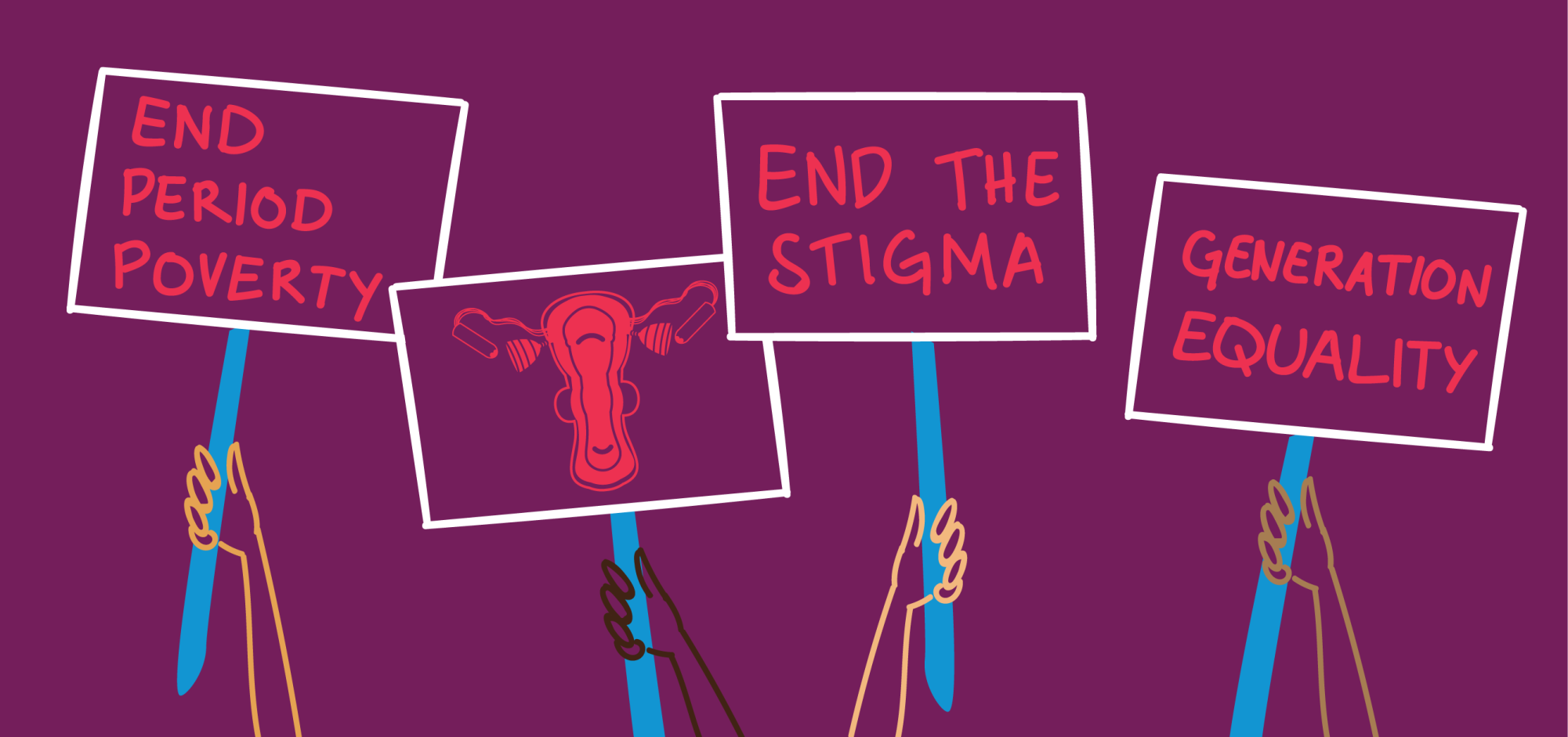As a girl grows, she goes through many changes. Menstruation is one of the most important developments, as it marks the beginning of her journey into womanhood. One would think that a young lady would be proud of such a process, maturing into herself and settling into feminity, yet it’s quite the opposite.
Instead of feeling empowered, women are made to feel embarrassed of their body’s biological functions. They are told that it is private and to keep it to themselves, fearing it may “gross other people out.” This has led to an unrecognized oppression amongst women and their periods, as well as countless stereotypes.
If asked, every woman could probably say she has undergone at least one experience where she has felt ashamed of being on her period. Whether it be bleeding through her clothes, having to leave school/work early, or simply asking for a tampon, that uncomfortable notion that everyone’s eyes are on her is present. This sense of humiliation has been created through centuries of societal expectation and ridicule, a majority being remarks from individuals who are male. Thus, making women feel as if menstruation is disgusting and impure.
For example, stereotypical jokes and accusations such as women being sensitive and aggressive during their menstruation have established the idea that women should not be taken seriously, especially when feeling negative emotions. Such stereotypes erase the initial problem, ridding the stereotyper blame of provoking any negativity, and simply put the blame on the woman’s emotions. These stereotypes maintain the illusion that women are not qualified for authoritative positions due to their emotional nature.
The impacts of period stigma also include financial inequalities. It is known in the U.S. that each state has the power to determine which products it deems necessities and therefore exempts from taxation. The problem is that though items such as food and clothing claim to be necessities, hygienic needs like sanitary pads and tampons are not.
At first glance, this may not seem like such a big deal. But with the increase of Americans living in poverty, that tax policy dictates between having dinner on the table or blood stains on their clothes. It’s even estimated that the average woman spends $18,000 on feminine hygiene products in her lifetime. With such expenses, many women have to resort to using unsanitary methods such as rolled-up toilet paper, which exposes them to bacteria and can lead to infections.
The government has basically rendered these products as a luxury, only available to those who can afford them. A tax break would be the least they could offer to support the women of this generation and the ones to come.
Period stigma works to silence women, all while suppressing any conversation surrounding the issues of menstrual equity. This creates the environment women have been living in today, where they feel ashamed to mention they are menstruating, which gives reason for tolerating unjust policies like the U.S. Period Tax.
So, how is such an issue resolved? It’s quite simple. To dismantle period stigma, women need to be allowed to discuss what goes on in their bodies without fearing dismissal or derision. Conversation surrounding menstruation needs to be normalized, and the process needs to be taught to people of the opposite sex to promote familiarity and an overall better understanding of women’s bodies. Women should be able to speak about their period just as one would mention a headache or stuffy nose. Only when such acknowledgement persists, will women freely be able to find comfort in their skin.













